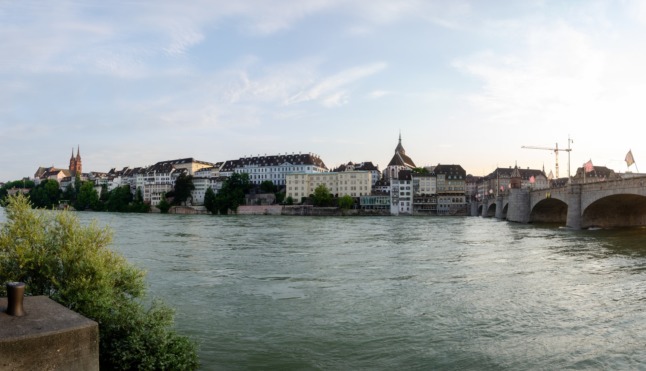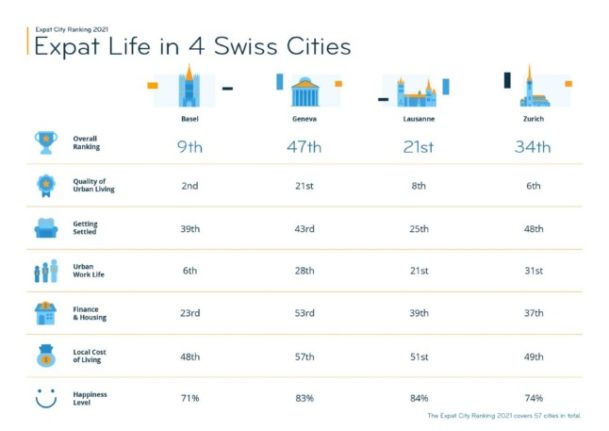Complicating the atmosphere between the two foes, Iranian officials announced that the case of an American-Iranian journalist detained in Iran since July had been transferred to the country's revolutionary court.
US Secretary of State John Kerry, who has repeatedly called for Washington Post reporter Jason Rezaian to be freed, met with his Iranian counterpart Mohammad Javad Zarif throughout the day in Geneva, breaking off at times to consult with their teams, who will continue bilateral talks on Thursday.
In a surprise move, US officials announced the talks had ended, only for Kerry to return to Zarif's hotel for another hour-long session deep into the night.
The two sides are seeking to break a stalemate which has seen two earlier deadlines pass without an accord.
Now negotiators have given themselves until the end of June to reach a comprehensive agreement which would prevent the Islamic Republic from developing a nuclear bomb in return for an easing of iron-clad global
sanctions.
"They had substantive meetings . . . and they discussed a broad range of issues with a small group of staff from each side," a senior State Department official said.
Before the talks Zarif told reporters he felt the talks were "important".
"I think it will show the readiness of the two parties to move forward to speed up the process," he said.
But asked if there would be a comprehensive deal by the new deadline, he remained cautious, replying: "We'll see."
Concern for jailed reporter
Rezaian's detention was also raised during the talks, as Tehran's prosecutor general said the case was being sent to Iran's revolutionary court which normally handles political or national security crimes.
The specific charges against Rezaian remain unclear, according to the Post, and there are growing fears over his health. His mother revealed after a meeting in December in Tehran's Evian jail that he had an eye infection, and severe back pain from sleeping on the floor.
Kerry had raised the fate of American citizens and "they also discussed the indictment" of Rezaian, a US official told reporters travelling on Kerry's plane to his next stop in Sofia, Bulgaria.
The top US diplomat "reiterated that he wanted to see Jason return home to his family," the official said.
After the talks Kerry briefed his negotiators before lower level US-Iran bilateral talks here on Thursday, ahead of Sunday's discussions with the whole P5+1 group — Britain, China, France, Germany, Russia and the United States.
Past negotiations have stumbled over Iran's insistence that it retain the right to enrich some uranium — which can in some cases be used to make an atomic bomb — for what it says is a peaceful civilian nuclear programme.
There has also been disagreement over global sanctions, with Tehran calling for an end to the crippling regime while the US has insisted on a temporary, gradual suspension.
"All issues are hard until we resolve them and all issues are easy if you resolve them," Zarif told reporters earlier.
Diplomats and observers fear time may be running out after the two earlier deadlines for a deal were missed.
The new Republican-controlled US Congress is already considering a bill which would slap new sanctions on Iran despite attempts by the Obama administration to hold them off.
Zarif, who was set to meet German Foreign Minister Frank-Walter Steinmeier in Berlin Thursday and his French counterpart Laurent Fabius in Paris Friday, has repeatedly stressed that Iran is not seeking to obtain a nuclear weapon.
Kerry will also be in Paris on Friday, but it was unclear if he would meet again with Zarif.
Zarif told Iranian television earlier that "we have arrived at the stage where the other party must take decisions so we can go forward."
"New proposals must be put forward. We are ready to discuss all the issues, but we will have to see if the other side is ready," he said.



 Please whitelist us to continue reading.
Please whitelist us to continue reading.
Member comments